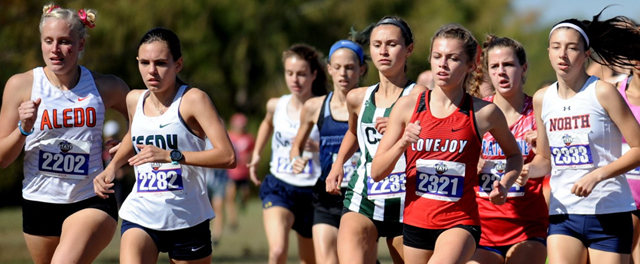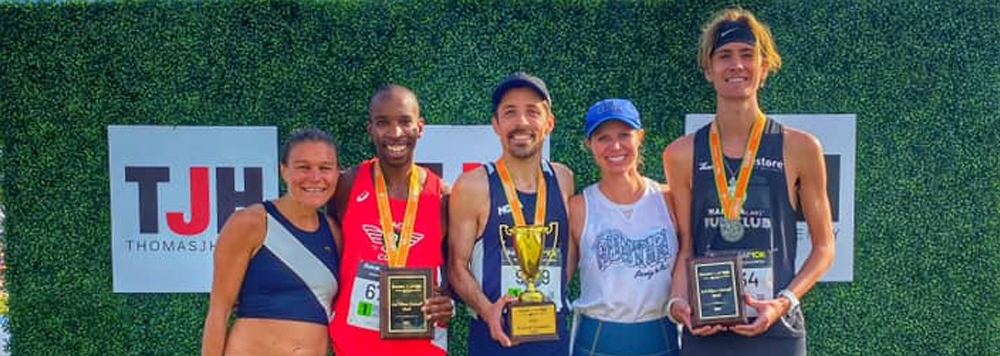
At its core, Do Hard Things redefines what it means to be tough, and running serves as a central thread throughout the book.
Every so often, a really important book about running comes out. Sure, there are plenty of books on running out there. You can find just about anything you want to know regarding training, injury prevention, nutrition, etc. But what about how to be tough and resilient? That might be a littler harder to find.
Fortunately, a new book is out addressing just that: Do Hard Things, by Steve Magness. Magness, a former track and cross-country coach at the University of Houston, has first-class credentials to produce a great book on running. He’s a world-renowned expert on sports performance, and has authored numerous books on the subject.
Do Hard Things has been described as a “radical rethinking of how we perceive toughness and what it means to achieve our high ambitions in the face of hard things.” The book is centered on the idea that our current model of resilience is broken, and Magness, using the latest science and psychology looks into how working with our bodies—“experiencing discomfort, leaning in, paying attention, and creating space to take thoughtful action—can be the true indications of cultivating inner strength.”
The book cites four pillars of resilience:
- Pillar 1- Ditch the Façade, Embrace Reality
- Pillar 2- Listen to Your Body
- Pillar 3- Respond, Instead of React
- Pillar 4- Transcend Discomfort
At its core, Do Hard Things redefines what it means to be tough, and running serves as a central thread throughout the book. Magness states that, “in trying to toughen through callousness, we’ve trained ourselves to respond to fear and power. The reason we push through discomfort is because we imagine someone is standing over us yelling, or that if we fail, we will face punishment. We’ve been conditioned to see the external as more important than the internal, and that putting on a facade of toughness (“I’m not afraid of anything!”) is more important than how we handle difficult times. Remove the fear, power, and control, and our “tough individual is left without the necessary skills to navigate adversity. The old view of toughness gives him a hammer and expects him to bash his way through any problem. But truly being tough isn’t the same as being callous.”
Magness goes on to state that, “… the emerging science and psychology on overcoming challenges point to a radically different definition of toughness. Regardless of whether it’s on the sporting field, in the classroom, or in the boardroom, strength and resilience don’t come from blindly powering through adversity or pretending that punishing ourselves yields results. Instead, real toughness is experiencing discomfort or distress, leaning in, paying attention, and creating space to take thoughtful action. It’s maintaining a clear head to be able to make the appropriate decision. Toughness is navigating discomfort to make the best decision you can. And research shows that this model of toughness is more effective at getting results than the old one.”
In Do Hard Things, Magness, a former 4:01 miler, writes beautifully and insightfully, with plenty of personal accounts regarding his own learning journey about running. Don’t miss it!
Upcoming Races: Saturday, July 16, Capt’n Karl’s Trail Series – Muleshoe Bend 60K, 30K, 20K, 10K, 5K trail run at Muleshoe Bend LCRA Recreation Area. Races Start 7:00pm Saturday, End 7:00am Sunday (12 hour limit). Saturday, July 16 at 7:30 a.m., the Texas Long Run 5K and Road Mile Challenge at the Tree of Life Church in New Braunfels.




